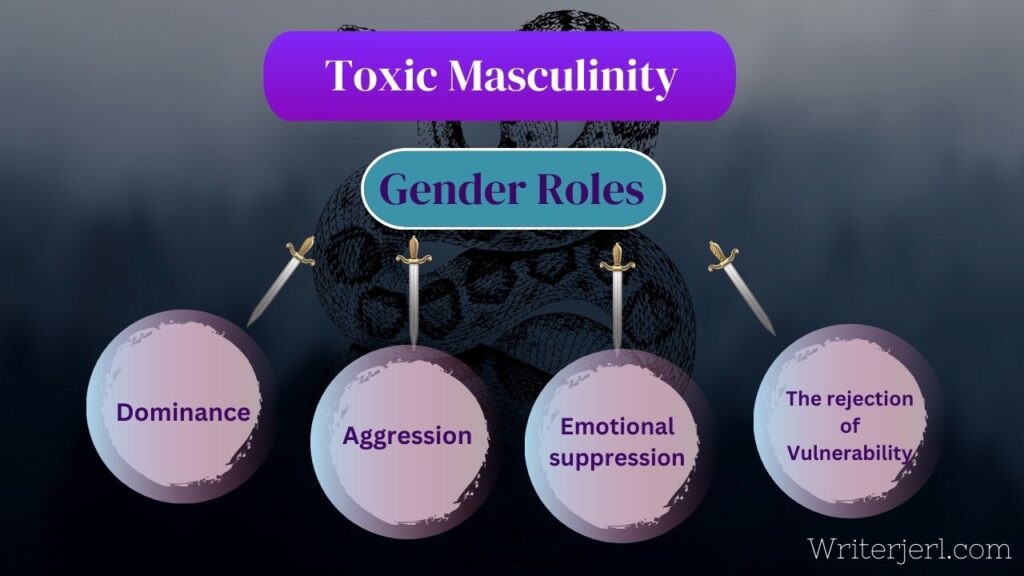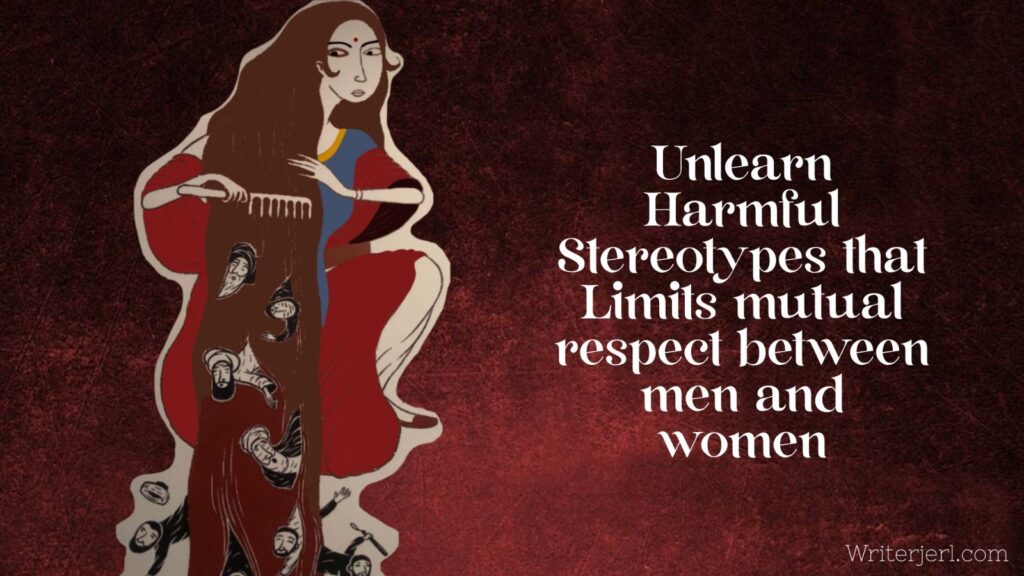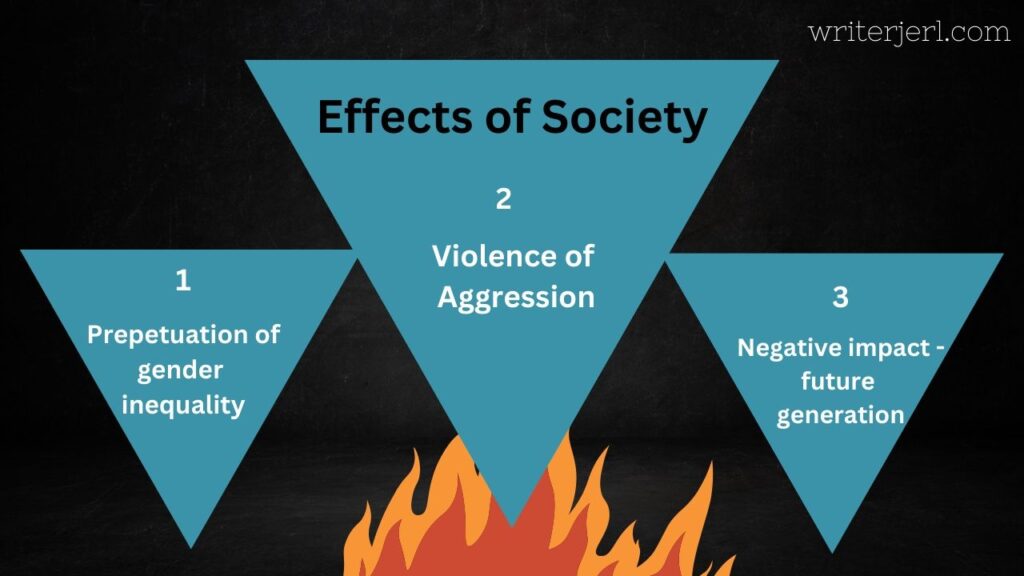Fem-anger Unfold-023
Introduction
Toxic masculinity is a term that has gained status in contemporary discussions surrounding gender roles and societal expectations. It refers to a set of cultural norms and behaviours linked with traditional masculinity that can be harmful to both men and women. In this essay, we will explore the origins of toxic masculinity, its manifestations in various aspects of life, and the damaging effects it has on individuals and society.
An appearance of toxic masculinity is the societal pressure on men to conform to a narrow definition of strength. This emphasis on physical and emotional toughness can lead to the suppression of vulnerability and the avoidance of seeking help when needed. Men may feel compelled to project an image of invincibility, fearing judgement or ridicule if they deviate from these expectations.
Additionally, toxic masculinity is put into the normalisation of aggressive behaviour. Men are encouraged to decide conflicts through supremacy and physical ability rather than through open communication or empathy. They think it will humiliate them in society. This can promote an environment where violence is deemed an acceptable outlet for frustration which troubles both men and women. So, a red flag to toxic masculinity.
Origins of Toxic Masculinity

To understand toxic masculinity, it is crucial to delve into its historical roots. Traditional gender roles, deeply inbuilt in many societies, have often approved specific expectations for men, promoting characteristics such as dominance, aggression, emotional suppression, and the rejection of vulnerability.
Manifestations of Toxic Masculinity
Emotional Repression
One of the important features of toxic masculinity is the containment of emotions. Men are often taught from a young age that expressing weakness or seeking emotional prop up is a sign of weakness. This emotional despotism can lead to a range of mental health issues, as men may find it challenging to cope with their feelings in a healthy manner.
Aggression and Dominance
Men and their toxic masculinity continue the idea that aggression and dominance are the same with strength. Men are encouraged to assert their supremacy in various contexts, whether it is in relationships, the workplace, or social interactions. This stress on dominance can contribute to a hostile and competitive environment (even among families), holding back genuine connections between men and women.
The stigmatisation of emotions is another facet of toxic masculinity. Men learn to suppress feelings of sadness, fear, believing that expressing such emotions is a sign of weakness. It leads to issues like anxiety, depression, or even substance abuse.
Misogyny and Gender Inequality

Toxic masculinity often promotes a sense of entitlement and superiority over women. This can lead to the upholding of misogyny, contributing to gender-based discrimination and violence. The rigid gender roles prescribed by toxic masculinity underpin harmful stereotypes, limiting the mutual respect between men and women. Such as monitoring a partner’s actions, limiting their independence and the women need to take care of their children, all household chores, a need to limit their circle, being respectful to their husbands and in-laws, abandoning their career, passion and much more. This gender bias is taking place in all the families. Men should understand that, it is their family that undergoes the pressure too.
Limiting Career Choices
The societal expectations associated with toxic masculinity can also affect career choices. Men may feel pressured to pursue traditionally masculine professions, even if their true interests lie elsewhere. This limitation not only hampers individual fulfilment but also contributes to gender-based occupational segregation. By these manifestations men also dominate women to not to take part in traditional masculine professions as they are not able to take part in traditional feminine professions. They will control their women in a way that is where toxic masculinity involves. So, a red flag to toxic masculinity.
Some examples of toxic masculinity
- They will criticise women for being independent in her life.
- The behaviour of telling his wife that clothes they’re permitted to wear and imposes restrictions on their social interactions.
- When a man sheds tears and the society would tell him “suck it up”, “real men don’t show weakness”, and create a toxic environment.
- Those men grapple with their mental health & avoid seeking therapy because they need to meet the expectations of toxic masculinity.
- Those men will derogatorily label women as “sluts” or “bad woman” simply for doing makeup, dressing in western style, talking aloud in front of people and even laughing aloud. In fact they will insist “behave like a family girl” after marriage. I couldn’t find anywhere whether the term “family girl” is officially advised by the Special Marriage Act.

Effects on Individuals
Mental Health Impact
The emotional suppression encouraged by toxic masculinity can result in a range of mental health issues, including depression, anxiety, and substance abuse. Men may internalise their struggles, fearing judgement for seeking help, and this reluctance to address mental health concerns can exacerbate the severity of the issues they face.
Relationship Strain
Toxic masculinity can strain interpersonal relationships. The emphasis on dominance and emotional suppression can hinder effective communication and intimacy, leading to misunderstandings and conflicts. This can lead to behaviours such as physical violence, bullying, coercion to maintain control and authority.
Isolation and Loneliness
The pressure to conform to traditional masculinity norms may lead to a sense of isolation for men who feel unable to meet these expectations. Actually feminist movements are really in pity of those men who are not able to get relief from their traditional knot. It is their thoughts and patriarchal mindset that is not allowing them to come out. This isolation can result in loneliness and a lack of support systems, exacerbating mental health challenges and preventing healthy relationship-building.
Effects on Society
Perpetuation of Gender Inequality
Toxic masculinity plays a significant role in perpetuating gender inequality. By reinforcing traditional gender roles, it contributes to the marginalisation of women and the restriction of opportunities based on gender. Breaking free from these stereotypes is crucial for achieving a more equitable and inclusive society. Men should try to strive to break free from patriarchal norms and actively support the advancement and well-being of women in their family atleast.

Violence and Aggression
The association between masculinity and aggression promoted by toxic masculinity can contribute to a culture of violence. This is evident in elevated rates of domestic violence, bullying, and other forms of harmful behaviour. Addressing toxic masculinity is essential in curbing these negative societal outcomes.
Impact on Future Generations
Toxic masculinity is often passed down through generations, perpetuating harmful behaviours and attitudes. Breaking this cycle requires a concerted effort to redefine masculinity, promoting positive role models and encouraging a more inclusive understanding of gender roles for future generations.
Conclusion
In conclusion, toxic masculinity is a complex and pervasive issue that has far-reaching consequences for individuals and society as a whole. By understanding its origins and manifestations, we can work towards dismantling harmful stereotypes and promoting a more inclusive and equitable vision of masculinity. This process involves challenging societal norms. I express strong sympathy towards men about their belief on the fake strong masculinity. Men should understand the impact of violence and aggression in them is a disease and it should be cured.
I could not resist commenting. Very well written! https://Ukrain-Forum.Biz.ua/
Hello! I just wanted to say how much I appreciated this blog post. Your writing is always so engaging and informative. It’s clear that you have a deep understanding of the subject matter. Thank you for sharing your expertise with us. Looking forward to your next post!
Thank you so much for your kind words! I’m thrilled to hear that you enjoyed the post and found it informative. I truly appreciate your support and look forward to sharing more insights with you in the future. Stay tuned for the next one!
WONDERFUL Post.thanks for share..more wait .. …
Thanks and follow for more:)
Wonderful blog! I’d love to know your hosting provider—your site loads incredibly fast. If you have an affiliate link, please share it. I’d like my own site to run this smoothly!
Thank you so much for the compliment! I’m happy to hear that the site’s performance stood out to you. I’ll be happy to share it, please find the way in our contact page. Hope your site runs just as smoothly now.